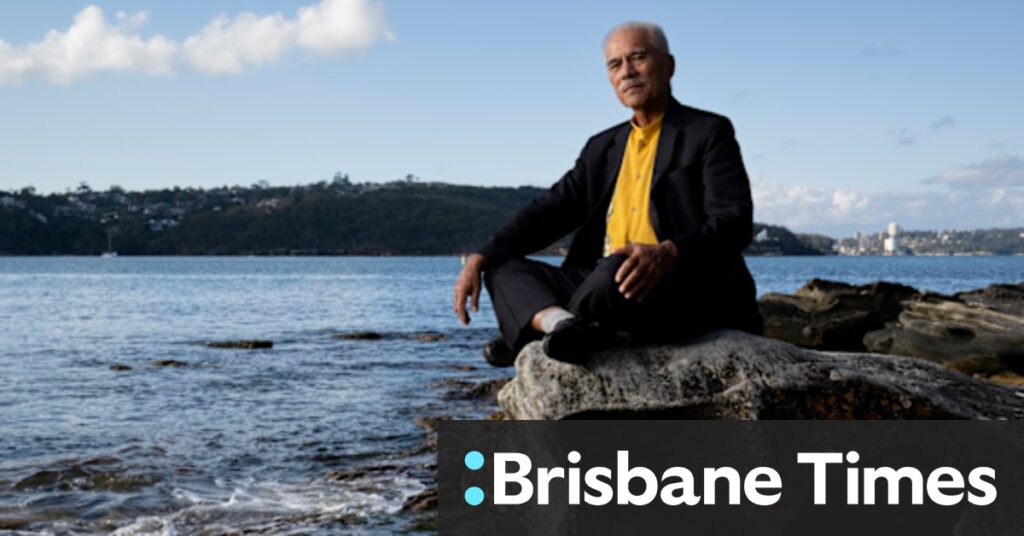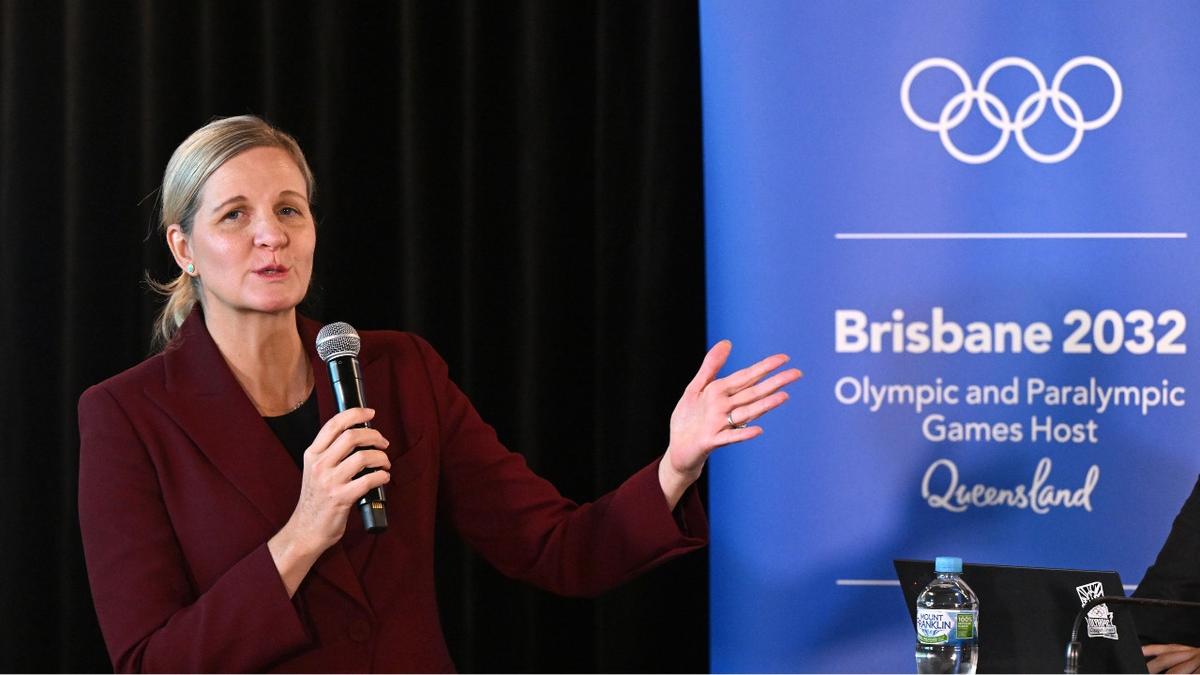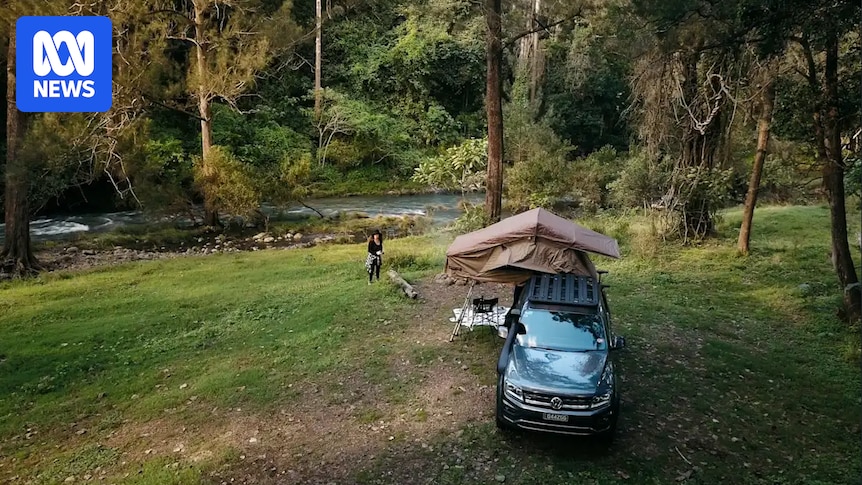
If Climate Change Minister Chris Bowen announces a carbon emissions reduction target in the order of 65 to 68 percent this week, as observers predict, it will place Australia in the mid-range of global climate ambitions. This announcement comes as the world faces increasing pressure to curb emissions and limit global warming to 1.5 degrees Celsius.
So far, 31 countries have announced their 2035 targets. According to Climate Analytics, only two have released targets consistent with the 1.5-degree goal. The United Kingdom and Norway are leading the international charge, with reduction targets of 81 percent and 70 to 75 percent, respectively, based on 1990 emissions levels.
Global Context and Australia’s Position
Leading climate scientist Bill Hare, one of the heads of Climate Action Tracker, cautioned that if Australia committed to reducing emissions by 68 percent by 2035, it would fall short of its commitment to reducing global temperatures to 1.5 degrees above pre-industrial levels. Most scientists agree that Australia has already warmed by 1.5 degrees since the industrial period due to greenhouse gas emissions.
A scientific analysis commissioned by the Climate Council suggests that Australia has already missed the boat on a reduction target in line with 1.5 degrees. To align with a 2-degree warming scenario, Australia would need to adopt a target of net zero by 2035. Hare emphasized that Australia should not limit itself to aligning with countries that “are not doing enough.”
“Is Australia coming close to a 1.5 degree-aligned pathway for its target range? If it’s a 65 percent target, it’s definitely not – 75 percent would be on the edge of what we calculate to be the 1.5 degree pathway range for Australia in the global context.” – Bill Hare
Economic and Environmental Implications
In an interview with The Guardian last week, Bowen highlighted the 68 percent figure, noting a 2021 Intergovernmental Panel on Climate Change (IPCC) report suggested emissions should be 68 percent lower in 2035 for global warming to be limited to 1.5 degrees. “That doesn’t mean the target is going to be 68 percent,” Bowen said. “But it does frame the conversation.”
Scientists argue that the scale of warming since 2021 and increasing emissions mean higher reductions are now required. Deloitte Access Economics estimated in August that a 75 percent reductions target could boost Australia’s GDP by up to $370 billion compared with business as usual.
Bowen is preparing to unveil Australia’s 2035 emissions reduction target days after releasing a landmark climate risk assessment. This assessment warned of a dramatic increase in heatwave-related deaths and 1.5 million Australians being affected by coastal flooding and storms by 2050, without drastic action to reduce emissions.
Geopolitical Ramifications and Domestic Debate
Australia’s climate ambitions extend beyond environmental concerns. As demonstrated at the recent Pacific Islands Forum, they also have geopolitical ramifications. Former Kiribati president Anote Tong criticized Australia’s approval of Woodside Energy’s extension of its North West Shelf project to 2070, calling it “not the act of a friend.”
“The question of Australia’s emissions output and reductions is a matter of survival, not just for us in the low-lying island countries, but as the climate risk assessment clearly indicates, for Australians.” – Anote Tong
Domestically, the issue has sparked political debate. Splits have deepened within the Coalition on whether the opposition would recommit to a target of net zero emissions by 2050. This masthead reported that two more Coalition MPs urged Opposition Leader Sussan Ley to reconsider support for net zero, following frontbencher Andrew Hastie’s threat to quit over the policy.
Meanwhile, Pacific Islands Forum secretary general Baron Waqa urged Australia to be more attentive and partner more with the region. This sentiment was echoed by Torres Strait elder Aunty McRose Elu, who emphasized the need for Australia to announce a science-based target and stop approving new fossil fuel projects.
“If Australia wants a good relationship with the Torres Strait or the Pacific, they better have plans to be brave and announce a science-based target and stop approving new fossil fuel projects, otherwise, we all face a death sentence.” – Aunty McRose Elu
As the world watches, Australia faces a critical decision point. The outcome of Bowen’s announcement will not only shape the country’s environmental future but also its standing on the global stage. The question remains: will Australia rise to the challenge or fall short of the necessary ambition?







